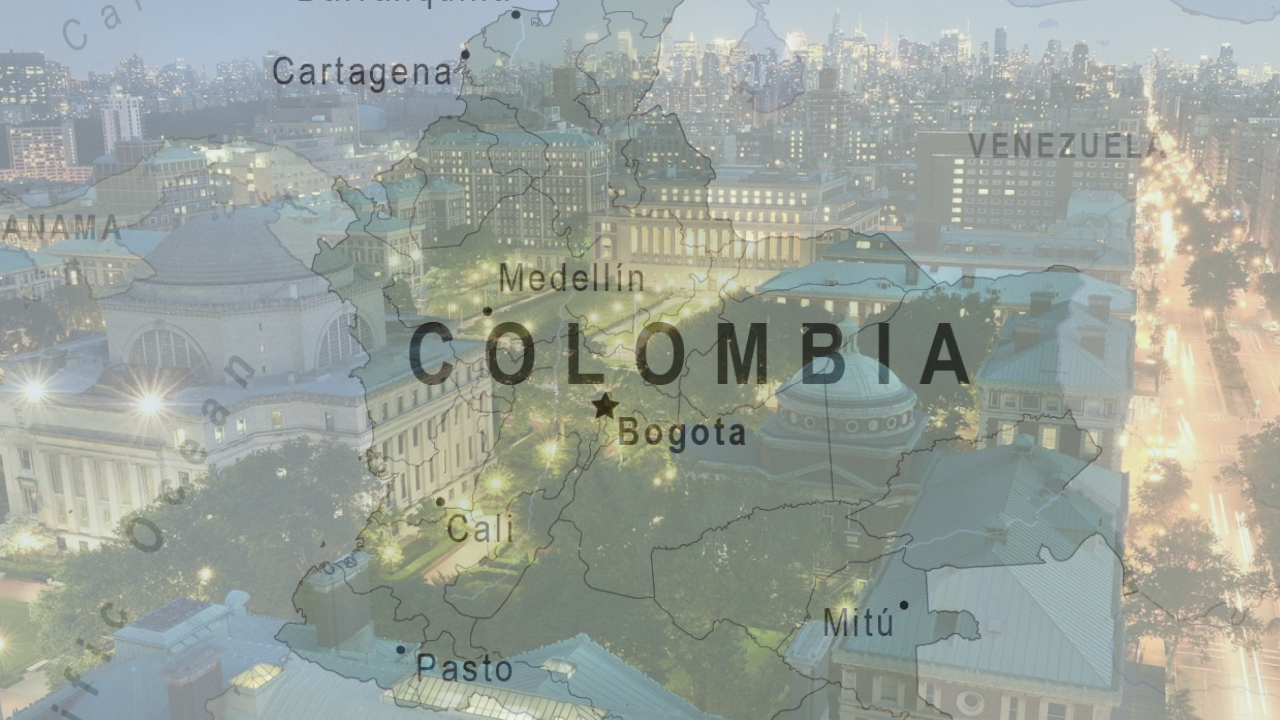
Earthquakes Colombia Today: 6.4 Magnitude
On [19/1/2024], a powerful earthquake with a magnitude of 6.4 on the Richter Scale struck the Colombia region, sending tremors across the South American country. The European Mediterranean Seismological Centre (EMSC) reported the seismic activity, highlighting the quake’s depth at 115 km (71.46 miles). As Colombia grapples with the aftermath, this event serves as a stark reminder of the seismic vulnerability that many regions around the world face.
Table of Contents
ToggleThe Seismic Event:
The earthquake, originating at a considerable depth of 115 km, adds complexity to its potential impact on the surface. The depth of the quake plays a crucial role in determining the extent of damage it may cause. Deeper earthquakes often result in less surface shaking, potentially mitigating the impact on infrastructure and communities compared to shallower ones.
Magnitude 6.4 signifies a significant seismic event capable of causing damage, depending on various factors such as the distance from the epicenter to populated areas, building structures, and the local geological conditions. Authorities and emergency response teams are likely mobilizing to assess the situation and provide aid where needed.
Impact on Colombia:
The seismic activity has undoubtedly left residents in affected areas shaken, both literally and figuratively. As information unfolds, it will become clearer how communities and infrastructure have been affected. Earthquakes of this magnitude can lead to structural damage, landslides, and disruptions in essential services.
Colombia, like many countries in the Pacific Ring of Fire, experiences periodic seismic activity due to its location along tectonic plate boundaries. Earthquake preparedness and response strategies are crucial for minimizing the potential devastation that such events can cause.
International Response and Cooperation:
In the face of natural disasters, international cooperation becomes paramount. Organizations and neighboring countries may offer assistance and support to help Colombia cope with the aftermath of the earthquake. This collaborative effort is crucial for swift recovery and rehabilitation.
Conclusion:
As Colombia grapples with the aftermath of the magnitude 6.4 earthquake, the nation’s resilience and response capabilities will be put to the test. The seismic event serves as a poignant reminder of the unpredictable nature of our planet and the importance of proactive measures to safeguard communities against natural disasters. The international community stands ready to support Colombia in its recovery efforts, emphasizing the importance of solidarity in times of crisis.
FAQ
What are the various names for an earthquake?
An earthquake is alternatively referred to as a quake, tremor, or temblor. The term “earthquake” is the most commonly used and encompasses all shaking events, whether they are natural or human-induced, that produce seismic waves.
Has there ever been a recorded earthquake with a magnitude of 12.0?
No, there has not been any recorded earthquake with a magnitude of 12.0 in human history. While the theoretical maximum earthquake magnitude is estimated to be around 15, even a magnitude 12.0 event would be exceptionally rare and immensely destructive. The most powerful earthquake ever recorded was the 1960 Valdivia earthquake in Chile, measuring an astonishing 9.5 on the Richter scale.
Which earthquake is considered the most devastating in history?
Determining the “worst” earthquake is subjective, taking into account factors such as magnitude, death toll, and overall devastation. However, some notable contenders for this title include:
- Shaanxi earthquake, China (1556): Estimated to have claimed over 830,000 lives, making it the deadliest earthquake in recorded history.
- Indian Ocean earthquake and tsunami (2004): Despite having a magnitude of 9.1, the ensuing tsunami resulted in widespread destruction, causing the death of over 230,000 people across 14 countries.
- Tangshan earthquake, China (1976): Official estimates put the death toll at over 240,000 people, although some sources suggest an even higher number.
What triggers an earthquake?
Earthquakes primarily occur due to the sudden release of energy stored in the Earth’s crust. This energy buildup can be attributed to:
- Tectonic plate movement: When tectonic plates slide past each other, accumulated friction and stress can lead to rock rupture, releasing energy in the form of an earthquake.
- Volcanic activity: Movement of magma beneath the Earth’s surface can also induce earthquakes.
- Other factors: In rare instances, human activities like mining or fracking can trigger small-scale earthquakes.
On [19/1/2024], a powerful earthquake with a magnitude of 6.4 on the Richter Scale struck the Colombia region, sending tremors across the South American country. The European Mediterranean Seismological Centre (EMSC) reported the seismic activity, highlighting the quake’s depth at 115 km (71.46 miles). As Colombia grapples with the aftermath, this event serves as a…
On [19/1/2024], a powerful earthquake with a magnitude of 6.4 on the Richter Scale struck the Colombia region, sending tremors across the South American country. The European Mediterranean Seismological Centre (EMSC) reported the seismic activity, highlighting the quake’s depth at 115 km (71.46 miles). As Colombia grapples with the aftermath, this event serves as a…